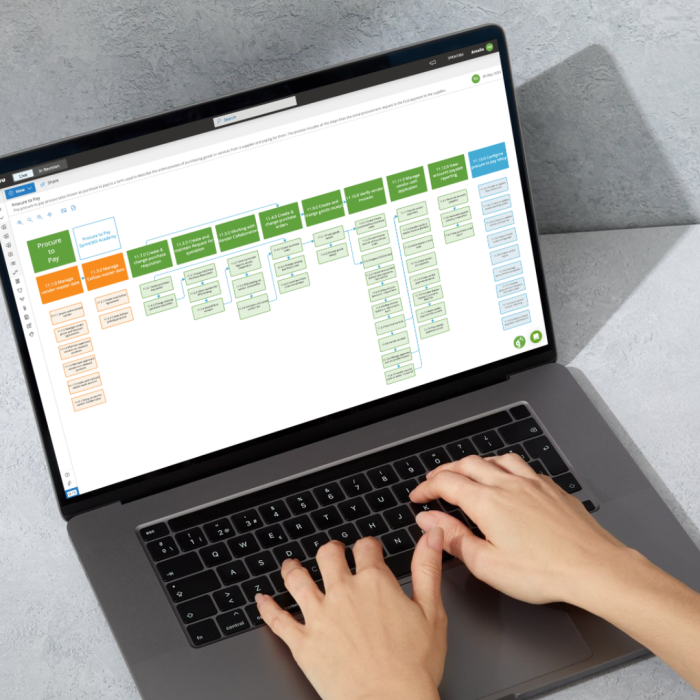D365 F&O supports various project types for various purposes:
– Time and Material projects
• Definition: In this type of project, the customer is billed based on the actual time spent and materials used for the project.
• Use Case: Commonly used in professional services industries, such as consulting, where the customer is billed for the actual work and resources consumed.
• Billing: Customers are invoiced for the actual hours worked by employees and the materials used during the project.
– Fixed Price projects
• Definition: In this type of project, the customer is billed a fixed amount regardless of the time spent or materials used.
• Use Case: Suitable for projects with a defined scope, budget, and schedule, such as construction or product development projects.
• Billing: Customers are invoiced based on predefined milestones or a percentage of completion, rather than actual costs incurred.
– Internal
• Definition: These projects are used internally by an organization to track costs without invoicing external customers.
• Use Case: Used for internal initiatives like IT projects, R&D projects, or any internal improvements where the organization needs to monitor costs and time.
• Billing: No external billing is involved; it is primarily for cost tracking and resource allocation within the organization.
– Cost
• Definition: These projects are used to track costs without any associated billing to external customers.
• Use Case: Suitable for short-term initiatives like internal audits, product development, or marketing campaigns where costs need to be monitored but no external billing occurs.
• Billing: No invoicing; the focus is on cost accumulation and internal reporting.
– Investment projects
• Definition: These projects are used to track costs for capital investments, such as purchasing equipment or building a new facility.
• Use Case: Used for large capital expenditures that will result in the creation of assets (e.g., construction projects, asset acquisition).
• Billing: There is no customer invoicing, but costs can be capitalized as fixed assets on the balance sheet once the project is complete.
– Time Projects
• Definition: These are simplified internal projects focused on time tracking.
• Use Case: Ideal for tracking employee time spent on internal or external activities, especially for time management purposes.
• Billing: Not used for billing customers, but for tracking and reporting on time spent.
Each project type in D365 F&O is designed to meet specific business needs, whether it’s customer billing, internal cost tracking, or capital investment management. The selection of the appropriate project type depends on the nature of the work being tracked and the billing requirements.







